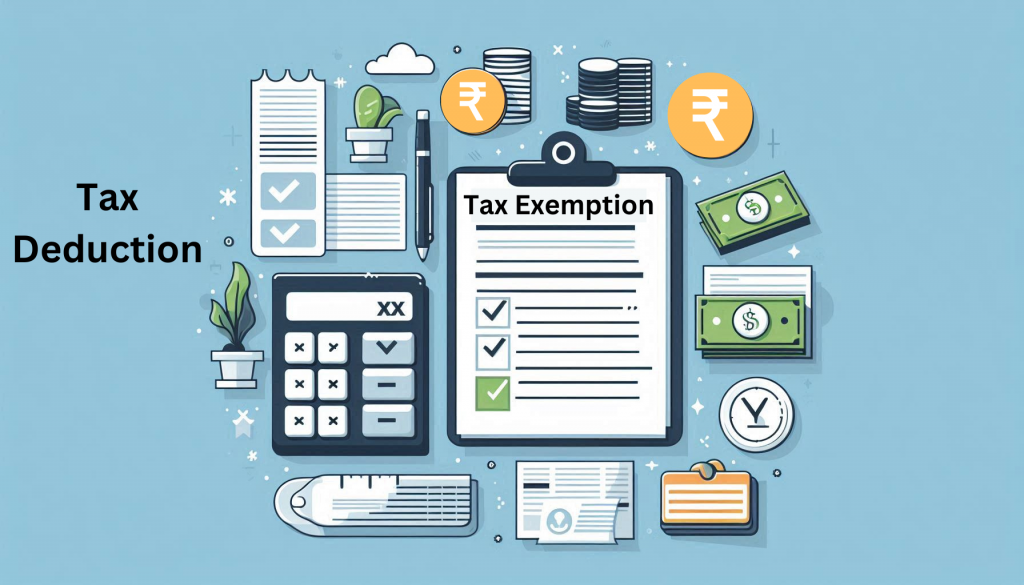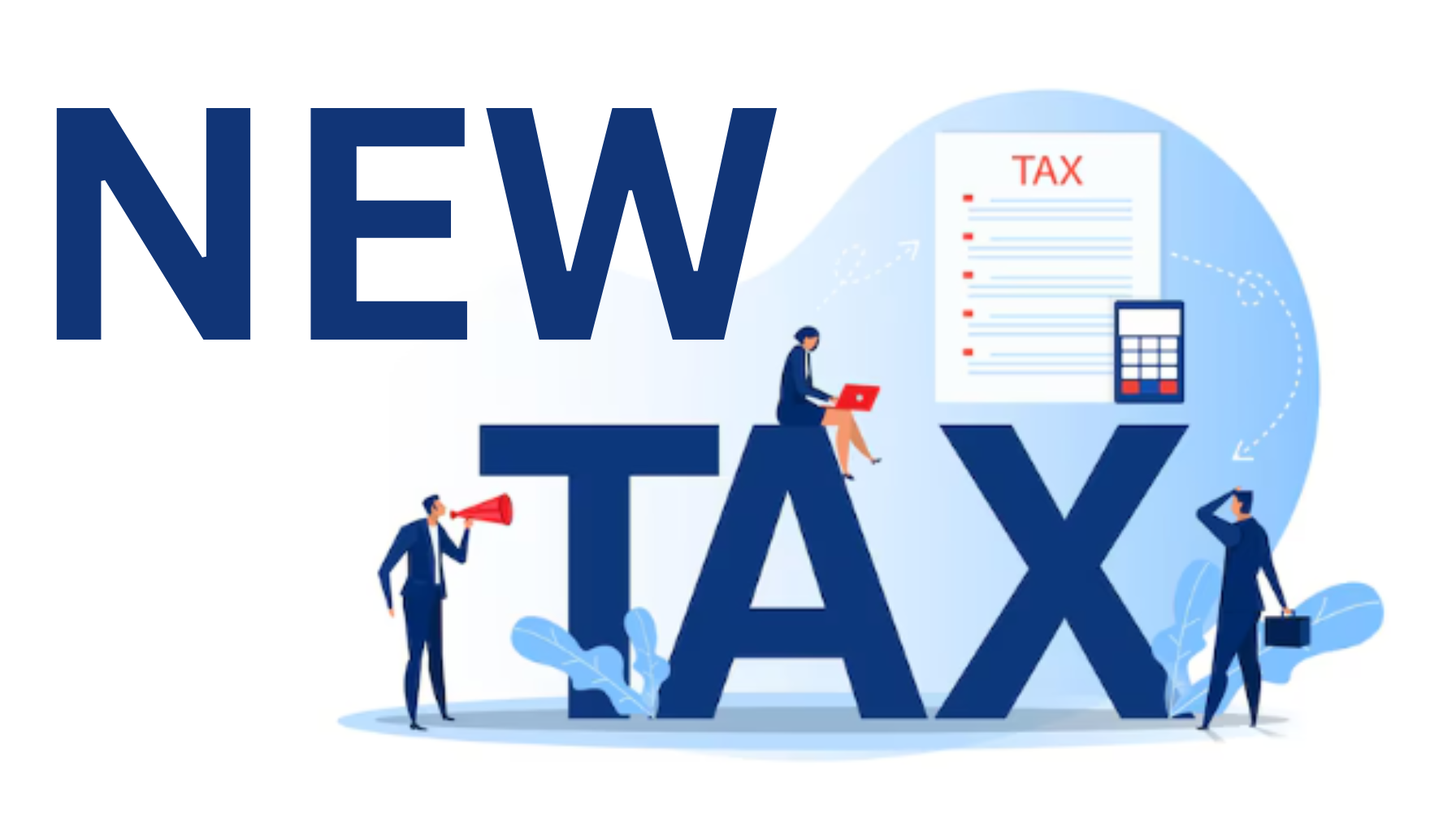Introduction
Taxes are an inevitable part of our financial lives, no matter where we live. For NRIs, understanding the Indian tax system can be particularly challenging due to frequent changes and complexities in regulations. With the introduction of the New Tax Regime, taxpayers now have an alternative to the traditional Old Tax Regime. This change was aimed at simplifying the tax structure and providing more options to taxpayers. However, deciding which regime to opt for isn’t straightforward. In this post, we’ll delve into the nuances of both regimes to help you choose the one that best aligns with your financial goals.
The Old Tax Regime
The Old Tax Regime has been the standard for many years and is characterized by its numerous exemptions and deductions. Let’s take a closer look at its key features.
Key Features of the Old Tax Regime
1. Exemptions and Deductions: The Old Tax Regime offers a variety of exemptions and deductions under different sections of the Income Tax Act. These include:
- Section 80C: Deduction up to ₹1.5 lakh on investments in instruments like PPF, EPF, NSC, life insurance premiums, and more.
- Section 80D: Deduction for health insurance premiums.
- House Rent Allowance (HRA): Exemption for those living in rented accommodation.
- Standard Deduction: ₹50,000 deduction for salaried individuals.
- Section 24: Deduction on home loan interest up to ₹2 lakh.

2. Complexity: The Old Tax Regime can be quite complex due to the multitude of exemptions and deductions. Taxpayers need to maintain thorough documentation and be aware of the various provisions to maximize their tax savings.
3. Higher Tax Rates: Compared to the New Tax Regime, the Old Tax Regime has higher tax rates. However, the available deductions can significantly reduce taxable income, potentially leading to lower overall tax liability.
Consult CA Arun Tiwari for more information at 📞 8080088288 or cs@aktassociates.com
Advantages of the Old Tax Regime
- Potential for Lower Taxable Income: By utilizing various exemptions and deductions, taxpayers can reduce their taxable income substantially.
- Incentive to Save and Invest: Many of the deductions under the Old Tax Regime are linked to savings and investment instruments, encouraging taxpayers to save for the future.
Disadvantages of the Old Tax Regime
- Complexity and Compliance: Managing and claiming all the deductions can be cumbersome and requires meticulous record-keeping.
- Higher Tax Rates Without Deductions: If an NRI cannot utilize many deductions, they may end up paying higher taxes due to the higher tax rates.
The New Tax Regime
Introduced in the financial year 2020-21, the New Tax Regime aims to simplify the tax process by reducing the number of exemptions and deductions. Here’s what you need to know about it.
Key Features of the New Tax Regime
1. Lower Tax Rates: The New Tax Regime offers lower tax rates compared to the Old Tax Regime, with six income slabs ranging from 5% to 30%.
- Up to ₹2.5 lakh: Nil
- ₹2.5 lakh to ₹5 lakh: 5%
- ₹5 lakh to ₹7.5 lakh: 10%
- ₹7.5 lakh to ₹10 lakh: 15%
- ₹10 lakh to ₹12.5 lakh: 20%
- ₹12.5 lakh to ₹15 lakh: 25%
- Above ₹15 lakh: 30%
2. No Exemptions and Deductions: The New Tax Regime does not allow most of the exemptions and deductions available under the Old Tax Regime. This includes popular sections like 80C, 80D, HRA, and others.
3. Simplified Process: With fewer deductions and exemptions to manage, the New Tax Regime simplifies the tax filing process, reducing paperwork and compliance requirements.
Advantages of the New Tax Regime
- Simplicity: The reduced need for documentation and fewer exemptions make the New Tax Regime simpler and easier to navigate.
- Lower Tax Rates: For many taxpayers, especially those who do not have significant deductions to claim, the lower tax rates can result in lower overall tax liability.
Disadvantages of the New Tax Regime
- No Tax Benefits on Investments: Without the deductions and exemptions, taxpayers miss out on the tax-saving benefits linked to investments and savings.
- Potentially Higher Taxes for Some: Taxpayers with substantial deductions under the Old Tax Regime may find the New Tax Regime less beneficial despite the lower rates.
Which One Is Better for NRIs?
Deciding between the Old and New Tax Regimes depends on several factors, including your income level, investment strategy, and financial goals. Here are some considerations to help you make the right choice.
Factors to Consider
1. Income Level: If your income is primarily from sources where you cannot claim significant deductions, the New Tax Regime with its lower rates might be more beneficial.
2. Investment and Savings: If you have substantial investments in tax-saving instruments or significant expenses that qualify for deductions, the Old Tax Regime might save you more money.
3. Simplicity vs. Savings: If you prefer a simpler tax filing process and do not want to manage multiple deductions, the New Tax Regime is likely the better option. However, if you are willing to handle the complexity for potential tax savings, the Old Tax Regime could be advantageous.
Example Scenarios
- High-Income, High-Deduction NRI: If you are an NRI with a high income and significant deductions (e.g., home loan interest, education expenses), the Old Tax Regime could offer better tax savings.
- Moderate-Income, Low-Deduction NRI: For NRIs with moderate income and few deductions, the New Tax Regime’s lower rates and simplicity might result in lower taxes.
Conclusion
Choosing between the Old and New Tax Regimes is a critical decision that can impact your financial health. Each regime has its own set of advantages and disadvantages, and the best choice depends on your individual circumstances. By carefully evaluating your income, expenses, and financial goals, you can make an informed decision that maximizes your tax savings while aligning with your financial strategy.
We hope this guide has provided you with a clearer understanding of the Old and New Tax Regimes for NRIs. Have you made your choice yet? We’d love to hear your thoughts and experiences in the comments below!



